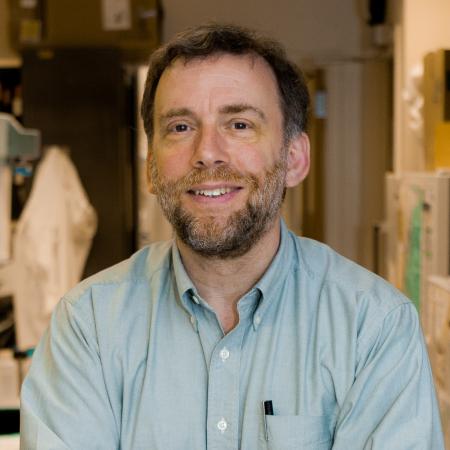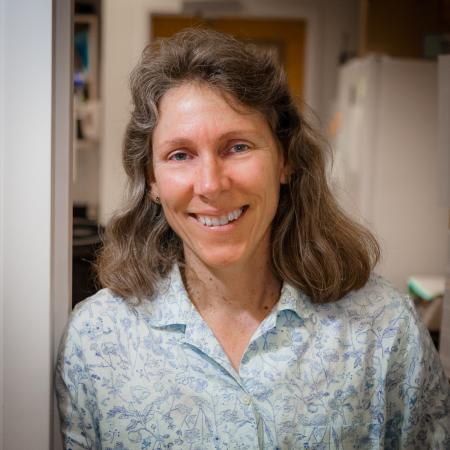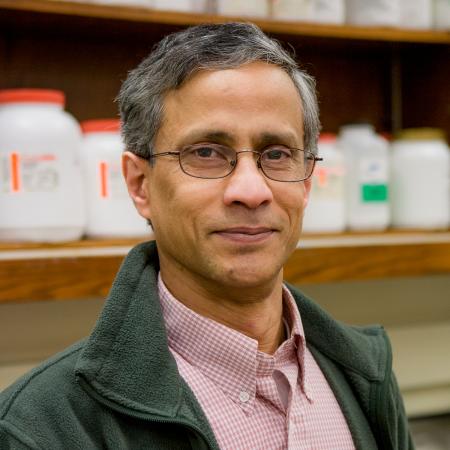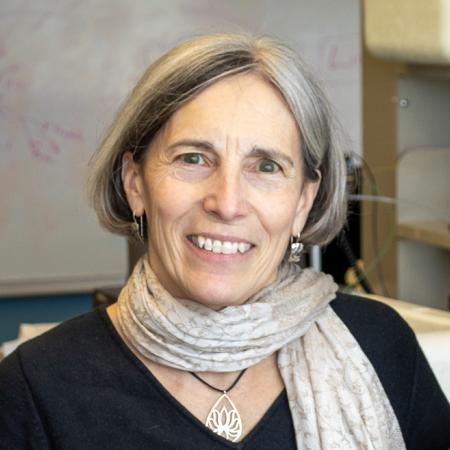Filter(s)
Showing 21 - 40 of 1146 Facilities
Advanced Immigration Genetics
Advanced Molecular Diagnostics, LLC
Advanced Pathology Laboratories, P.C.
Advanced Pathology Laboratory (DBA Lux Enterprise APL)
Advanced Research and Diagnostic Laboratory
Advantage Diagnostics Clinical Laboratory, LLC
AE and LY Ambulatory Endoscopy PLLC
Aegis Sciences Corporation
Agendia Inc
Ahava Medical and Rehab Center
Aizer Health, Inc.
AJAY GOEL
Akrivia Pathology
Albany Medical Center Hospital Pathology and Laboratory Medicine
Albany Medical Center-South Clinical Campus Laboratory
Albany Medical College Transplantation Immunology Laboratory
AlbaNYlabs LLC
Alere Toxicology Services Inc
Alere Toxicology Services Inc
Alice Hyde Medical Center Laboratory

Nicholas J. Mantis, PhD
Chief, Microbial Pathogenesis and Immunology
We study how serum and mucosal antibodies protect mammalian hosts from microbial pathogens and toxins. We are interested in next-generation vaccines and adjuvants to combat biothreat agents and enteric diseases.

Paul Masters, PhD
Molecular Genetics of Coronaviruses
We use genetics and molecular biology to learn how coronaviruses, a family of RNA viruses including the agents that cause SARS and MERS, replicate their genetic material and assemble into virions during infection.

Kathleen A. McDonough, PhD
Director, Division of Infectious Disease
We study gene regulation in the context of bacterial pathogenesis, with a focus on two pathogens: Mycobacterium tuberculosis, the bacterium that causes TB, and Yersinia pestis, the etiologic agent of bubonic and pneumonic plague.

Kimberlee A. Musser, PhD
Clinical Director, Wadsworth Center David Axelrod Institute
We develop molecular diagnostic assays and reference testing for the detection and characterization of pathogenic bacteria and mycobacteria and to predict antibiotic resistance using real-time PCR and whole genome sequencing.

Dilip Nag, PhD
Arbovirus Laboratory
We study mosquito-borne arboviruses, focusing on vertical transmission and persistent arboviral infections in mosquitoes. We are also interested in determining the role of RNA-RNA recombination in virus evolution.

Anil K. Ojha, PhD
Mycobacterial Persistence and Pathogenesis
We investigate the influence of biofilm growth on the mechanisms of pathogenesis, persistence and drug tolerance in mycobacterial pathogens, with particular emphasis on Mycobacterium tuberculosis.

Joseph Orsini, PhD
Deputy Director, Newborn Screening Program
We focus on simplifying and automating published low-volume newborn screening tests in order to transform them into high-volume assays.

Janice D. Pata, PhD
Polymerases, Mutations, and the Evolution of Antimicrobial Drug Resistance
We study the molecular mechanisms by which multiple DNA polymerases replicate bacterial genomes completely, with high accuracy and tolerance for DNA damage, yet also create mutations that give rise to antibiotic resistance.

Linda Styer, PhD
Director, Bloodborne Viruses Laboratory

Derek Symula, PhD
Director, Division of Laboratory Quality Certification
We study copy number variants (CNVs), which are widespread in the human genome and alter dosage of genes important in conditions ranging from HIV susceptibility to autism spectrum disorders. We seek to compile a catalog of CNVs and their frequencies.

Norma P. Tavakoli, PhD
Newborn Screening Program
Screening has uncovered individuals whose sweat chloride values are above normal, but no other CF symptoms are identified. Our aim is to determine if other variants in the CFTR gene, or modifier genes, correlate with these abnormal levels.

Joseph T. Wade, PhD
Microbial Gene Expression
We study gene regulation in bacteria, with a focus on genome-scale approaches. We are interested in regulation of transcription, the function of non-coding RNAs, and leaderless translation initiation.